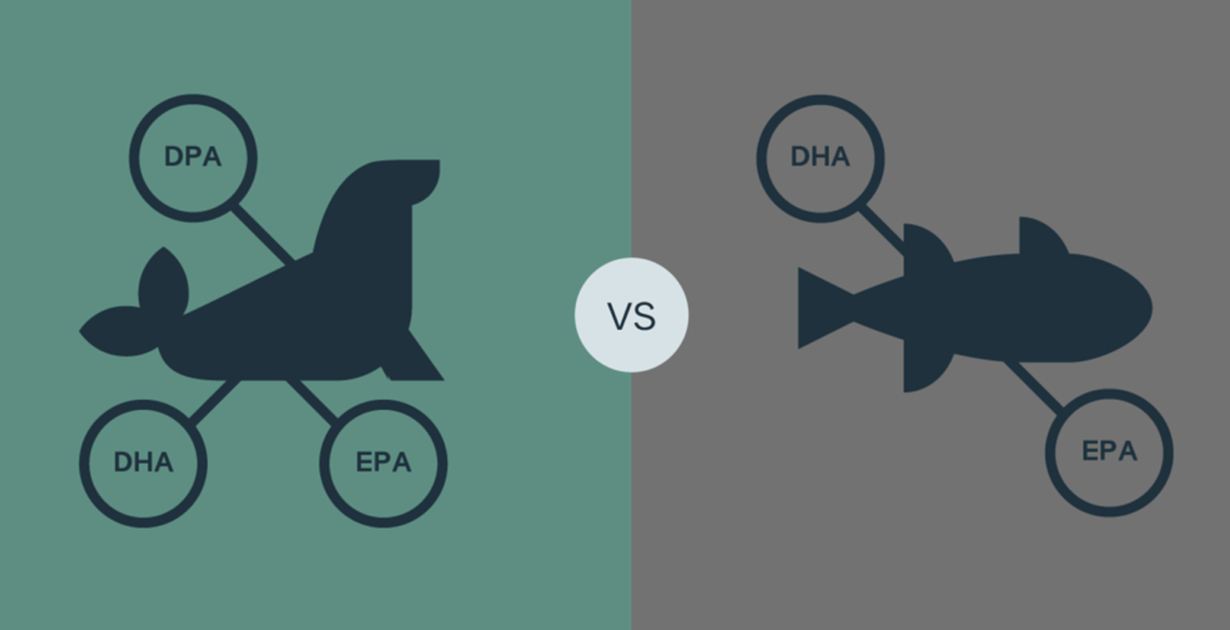In the ever-growing world of health trends and nutritional advice, omega-3 fatty acids consistently stand out as one of the most studied and universally recommended nutrients. These healthy fats are not only essential to our overall well-being, but they also play a critical role in the function of every cell in our body. Despite their importance, many people don’t get enough in their daily diet.
So, what are omega-3s exactly, and why should you care?
What Are Omega-3 Fatty Acids?
Omega-3s are a group of polyunsaturated fatty acids (PUFAs) that are considered “essential” because your body can’t produce them on its own—you have to get them from food or supplements. The three most important types are:
- ALA (alpha-linolenic acid) – found mostly in plant oils like flaxseed, chia, hemp, and walnuts
- EPA (eicosapentaenoic acid) – mainly found in fatty fish and marine oils
- DHA (docosahexaenoic acid) – also found in fish and marine oils; vital for brain and eye health
ALA is a precursor to EPA and DHA, but the conversion in the body is inefficient, which is why direct sources of EPA and DHA are often recommended.
Health Benefits of Omega-3s
Omega-3s have been extensively researched, and their list of potential health benefits keeps growing:
🫀 Heart Health
- Lower blood triglyceride levels
- Reduce blood pressure
- Prevent arterial plaque
- Lower risk of heart attacks and strokes
🧠 Brain & Mental Health
- DHA is a building block of the brain
- May help reduce symptoms of depression and anxiety
- Linked to reduced cognitive decline and risk of Alzheimer’s
👁 Eye Health
- DHA is also crucial for retina function
- May help prevent macular degeneration
🔥 Anti-Inflammatory Effects
- Beneficial for those with chronic inflammation
- Helps reduce symptoms of autoimmune diseases like rheumatoid arthritis
👶 Pregnancy & Infant Development
- Important for fetal brain and eye development
- Supplementing during pregnancy may boost cognitive outcomes in children
How to Get Omega-3s in Your Diet
Top food sources of EPA and DHA (marine-based):
- Salmon
- Mackerel
- Sardines
- Anchovies
- Tuna
- Seal oil (especially rich in DPA, a lesser-known omega-3)
Top food sources of ALA (plant-based):
- Flaxseed and flax oil
- Chia seeds
- Walnuts
- Soybeans
- Hemp seeds
Supplements:
- Fish oil capsules
- Krill oil
- Algal oil (vegan alternative)
- Seal oil (includes DPA in addition to EPA and DHA)
The American Heart Association recommends eating fish at least twice a week, or taking omega-3 supplements if you’re not getting enough through diet.
Are There Any Risks?
In general, omega-3s are very safe. However, high doses of supplements can thin the blood and interact with medications like blood thinners. As always, consult your healthcare provider before starting any new supplement regimen—especially if you have a medical condition.
Final Thoughts
Omega-3 fatty acids are more than just a wellness buzzword—they’re a foundational part of good health, affecting everything from your heart and brain to your immune system. Whether you’re getting them through fish, plants, or high-quality supplements, making omega-3s part of your daily routine is one of the smartest health choices you can make.




Leave a Comment
Your email address will not be published. Required fields are marked *